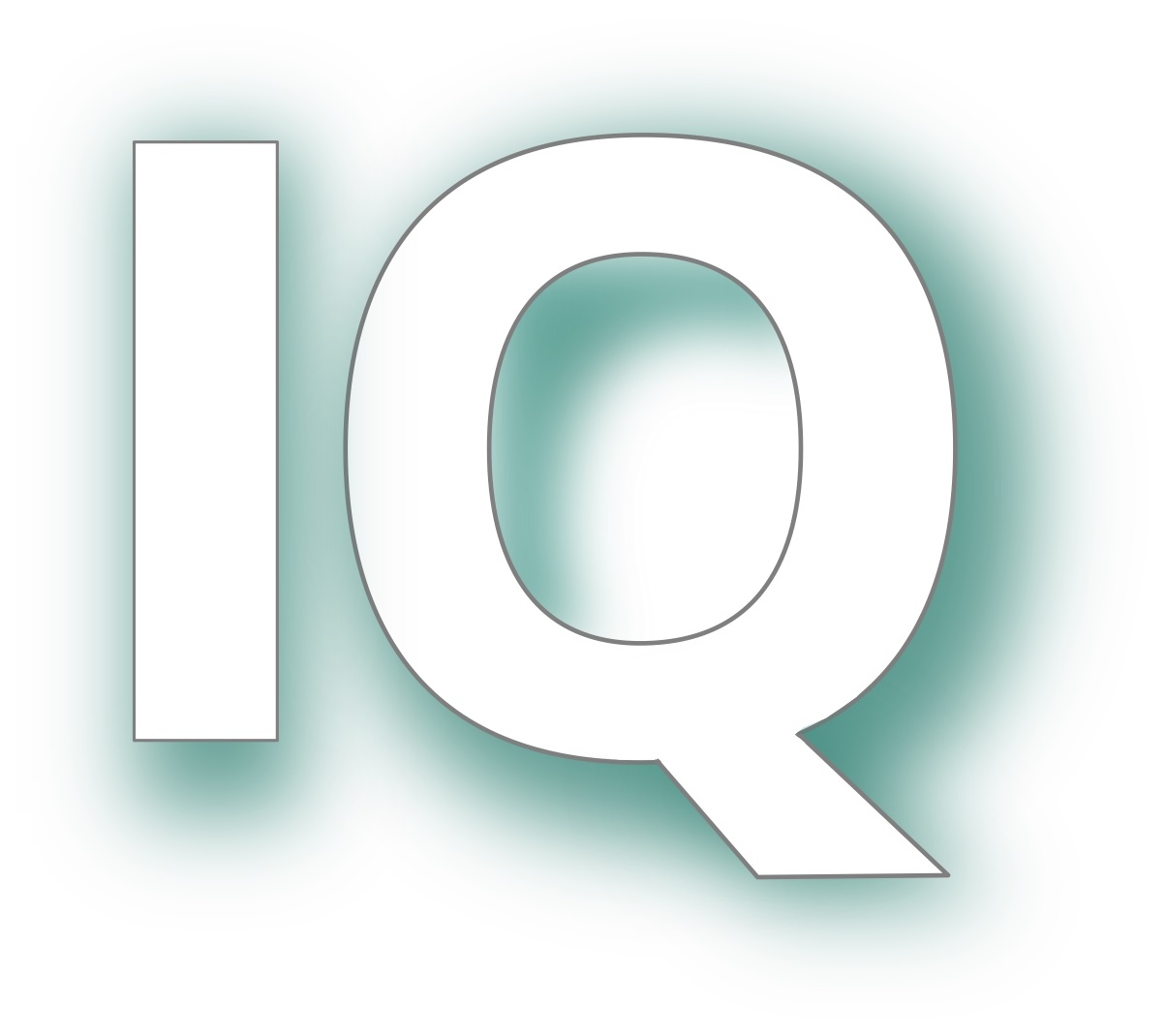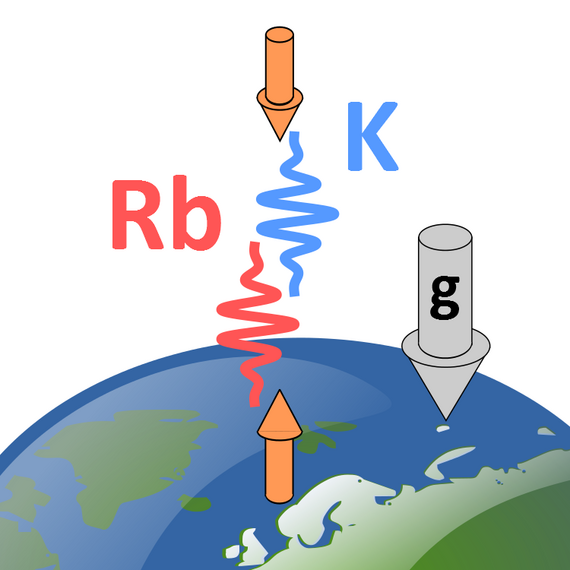
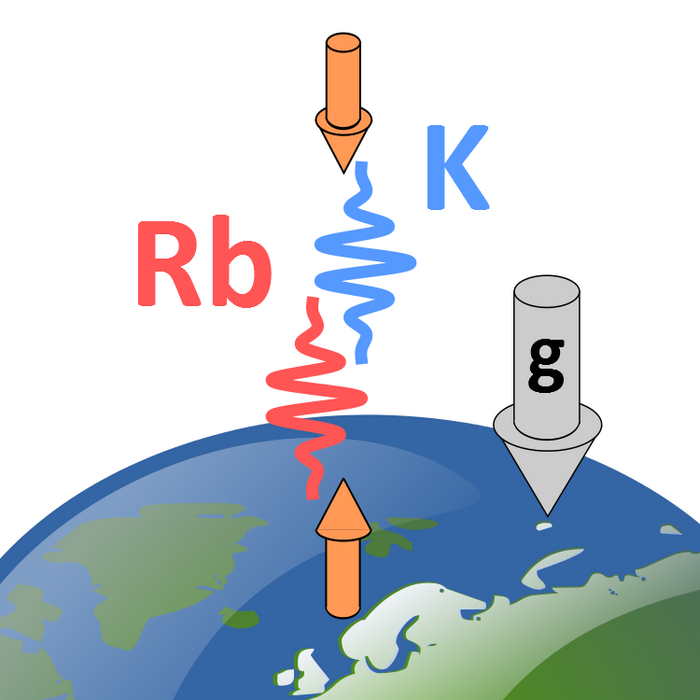
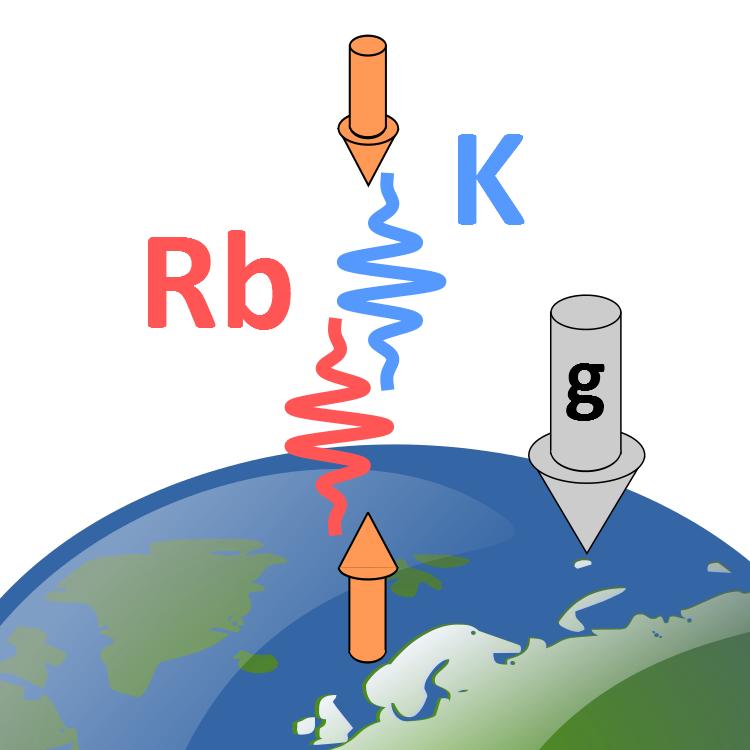
By allowing a violation of the universality of free fall, certain theoretical scenarios reconcile the two major theories of modern physics, general relativity and quantum mechanics, which are currently inconsistent. The universality of free fall, a corner stone of Einstein's general relativity, states: that two bodies will drop at the same rate in a given gravitational field. Decades after the first observation of a phase shift induced by gravitation in a neutron interferometer in the seminal work by Colella, Overhauser, and Werner, our objective is to test this postulate by means of matter wave interferometry. We exploit the wave nature of 87Rb and 39K atoms and, by their interference, measure their differential gravitational acceleration.
Upon the demonstration of the first quantum test of the universality of free fall using two distinct chemical species, which yielded an inaccuracy at the parts per ten million level, we have further improved the initial results by a factor of four. We are currently implementing a versatile all-optical matter wave source based on time-averaged potentials and envisage the next result to reach the parts per billion regime.
Besides testing and improving our methods in standard, lab-sized experiments, our work is devoted to laying the foundation for quantum tests competitive with classical state-of-the-art experiments. A level of parts in 1013 and better inaccuracy will likely be achieved by matter wave interferometry in the Very Long Baseline Atom Interferometry test stand (VLBAI).
Research Goals
- Develop and test novel matter wave source concepts for high-performance atom interferometry
- Implementation of sensor fusion methods to improve differential matter wave interferometers
Coordinator
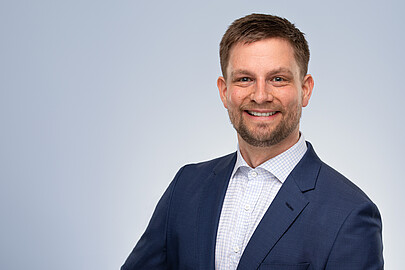

30167 Hannover


